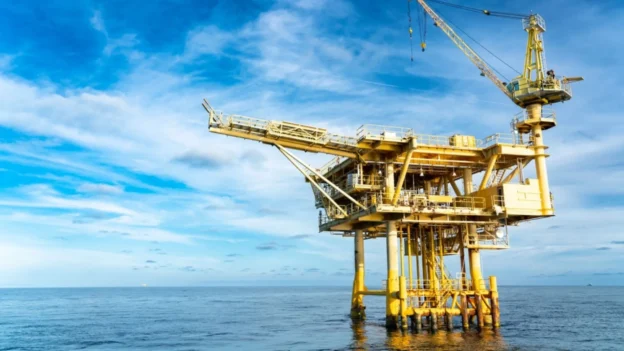UK energy transition company EnergyPathways has confirmed that it will apply for new storage licenses in the East Irish Sea to significantly expand the MESH project, its flagship energy storage and decarbonization initiative. This strategic move comes after receiving approval from the North Sea Transition Authority (NSTA), allowing it to move forward with an expansion that increases the previously contemplated area fourfold.
MESH project in the national plan
The recognition of the project as being of national significance by the Secretary of State for Energy Security and Net Zero reinforces its key role within the plan to UK’s decarbonization plan.. MESH is designed to act as an integrated long-life energy storage (LDES) system, combining compressed air, hydrogen, natural gas and thermal storage in marine salt caverns and clastic reservoirs.
EnergyPathways collaborates with global leaders such as Siemens Energy, Hazer Group, KBR Inc., Wood plc and Zenith Energy to develop low-carbon infrastructure and methane pyrolysis technologies for the hydrogen and synthetic graphite and synthetic graphite. This approach positions MESH not only as a storage solution, but as an industrial platform capable of scaling up to low-emission ammonia production.
One of the key features of the MESH system is its connection to the UK grid and its ability to absorb surplus offshore wind power. This integration will allow restricted renewable energy to be stored during periods of low demand and released when needed, improving the security and flexibility of the grid.
A scalable business model towards 2030
If the licenses are approved, EnergyPathways will be able to run a flexible, efficient energy model aligned with the UK’s 2030 targets. The project will enable the delivery of affordable, low-carbon energy, with the ability to respond to variations in renewable generation and system demand.
The comprehensive approach of MESH makes it a critical piece of moving towards a resilient, decarbonized energy infrastructure, with a direct impact on security of supply and price stabilization for UK consumers.
Source and photo: EnergyPathways

